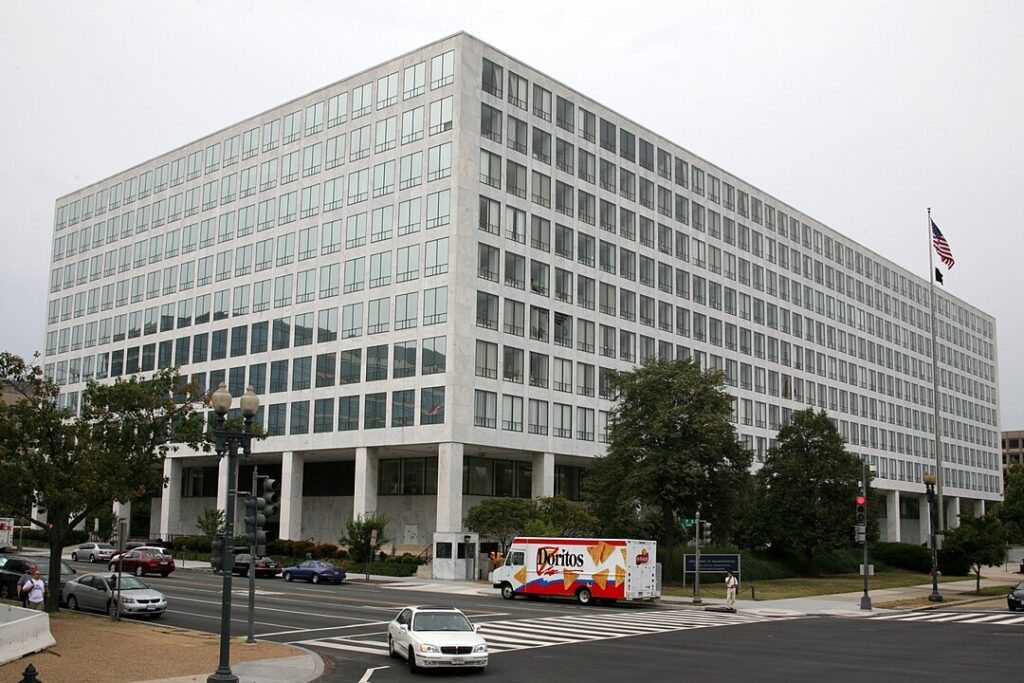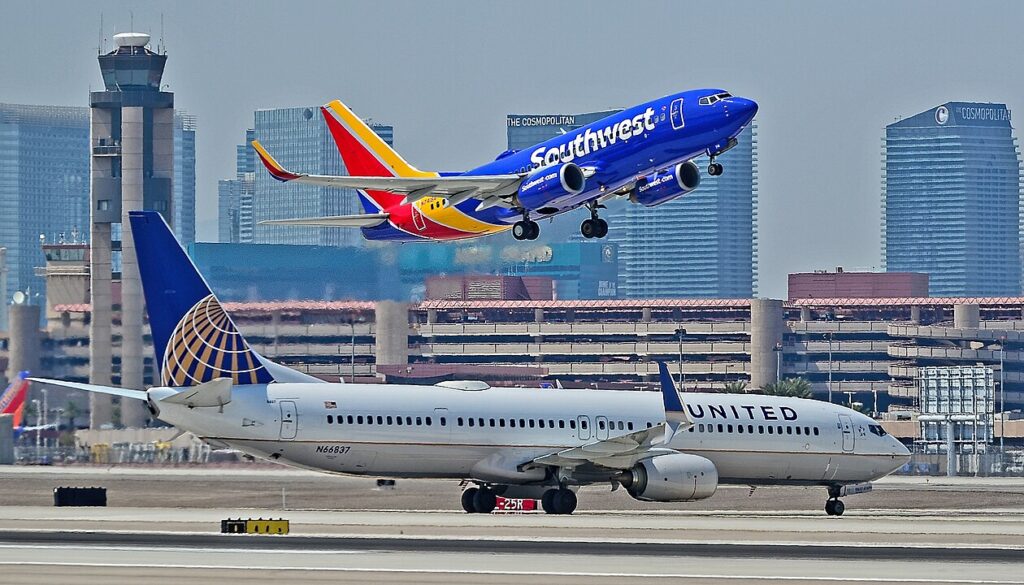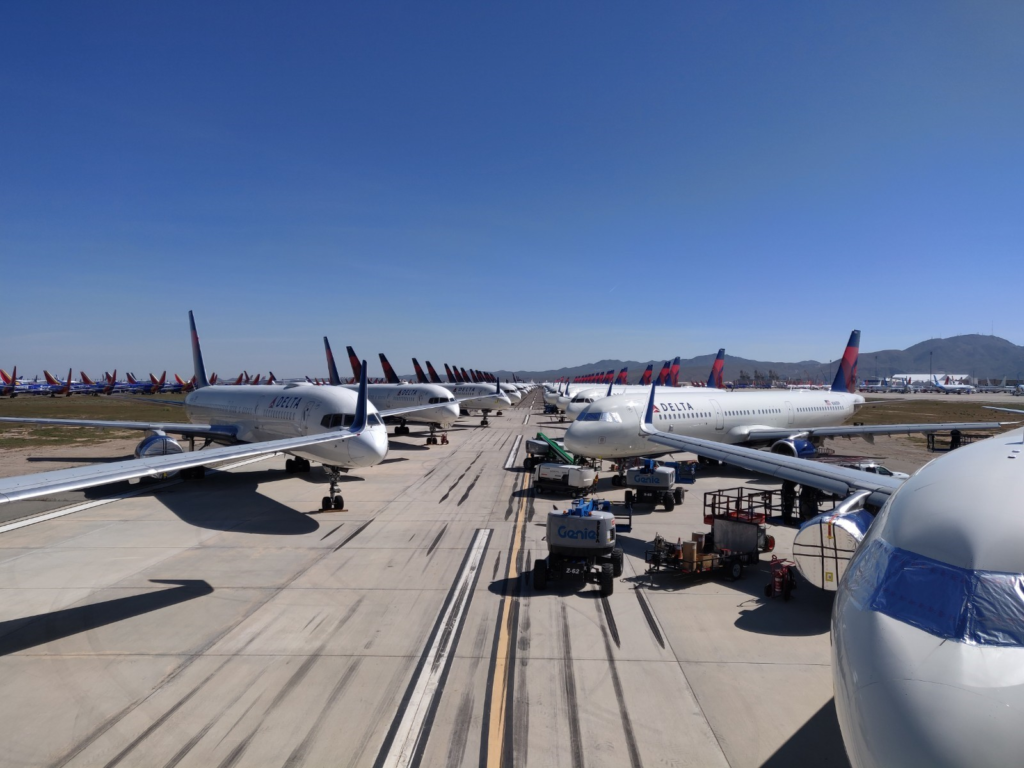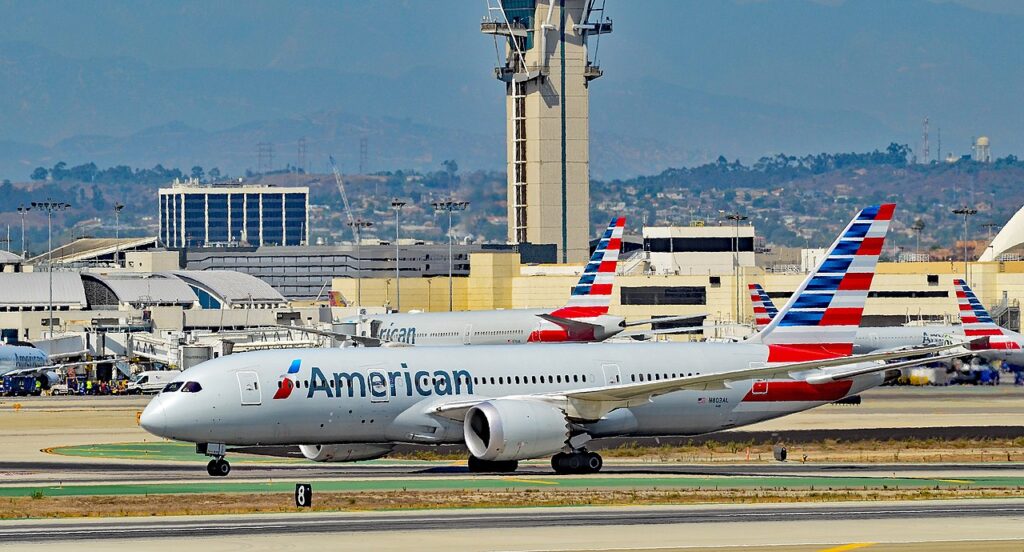WASHINGTON- In a resounding show of support, the US House of Representatives voted overwhelmingly to reauthorize the Federal Aviation Administration (FAA) for five years.
The Securing Growth and Robust Leadership in American Aviation Act, as it is officially known, secured a bipartisan 351-69 vote in the House.
The bill will now move to the Senate, where lawmakers are considering their own version of the FAA reauthorization.

Orville Wright Building, CC BY 2.0, https://commons.wikimedia.org/w/index.php?curid=29772543
House Approves FAA Reauthorization Bill
The approved legislation, H.R. 3935, has immense significance for the nation’s aviation sector.
Transportation and Infrastructure Committee Chairman Sam Graves (R-Mo.) emphasized the bill’s importance during the House floor debate, noting that it is vital to the US economy, millions of American jobs, and the 850 million passengers who rely on the National Airspace System annually.
However, a looming deadline adds pressure for quick resolution as the current FAA authorization is set to expire on September 30.
The FAA Reauthorization bill appropriates $4 billion per year for the Airport Improvement Program and directs the FAA administrator to devise a plan to expand air traffic controller training capacity.
Furthermore, it addresses passenger-related concerns, including clarifying language regarding ticket refunds, and focuses on enhancing safety on runways, among other critical tenets.
The legislative victory in the House arrives amidst a backdrop of challenges for the aviation industry, which faced numerous delays, cancellations, and staffing shortages following the COVID-19 pandemic.
Amid the celebration of passing the bill, lawmakers had to navigate several contentious amendments that threatened to derail the overall support for the FAA Reauthorization.

CC BY-SA 2.0, https://commons.wikimedia.org/w/index.php?curid=58251480
Contentious Amendments and Narrow Victories
Rep. Burgess Owens (R-Utah) proposed one of the most closely-watched amendments, aiming to add seven daily roundtrip flights at Washington, D.C.’s Reagan National Airport.
The proposal sparked a heated debate based on geographic location rather than political ideology, with lawmakers from the D.C. area, concerned about congestion.
At the same time, those from the south and west advocated for the expansion. Airlines also weighed in on the matter, with Delta Airlines supporting the addition of flights to DCA and United expressing opposition.
Ultimately, the amendment was rejected in a 205-229 vote, leading to relief for Rep. Don Beyer (D-Va.), who stated that the defeat of the amendment was beneficial for the region and passengers seeking safe and efficient operations at DCA.
Democrats also secured some victories, defeating amendments on culture-war issues that could have undermined support for the FAA Reauthorization within the party.
Rep. Mary Miller’s (R-Ill.) measure, aimed at restricting funding for diversity, equity, and inclusion officials or training, was voted down in a 181-254 vote.
Similarly, an amendment from Rep. Andy Ogles (R-Tenn.) seeking to focus turbulence studies on weather conditions rather than climate change was defeated by a vote of 206-227.
Additionally, an amendment proposed by Rep. Marjorie Taylor Greene (R-Ga.) requiring airlines to reinstate pilots affected by vaccine mandates did not make it into the bill after a 141-294 vote.

Key Takeaways
The FAA Reauthorization bill’s journey is not over yet, as lawmakers from both chambers must now work together to reconcile differences in the legislation before the September 30 deadline.
As the nation’s aviation industry navigates a post-pandemic landscape, the reauthorization takes center stage in securing the future of American aviation.
Stay tuned with us. Further, follow us on social media for the latest updates.
Join us on Telegram Group for the Latest Aviation Updates. Subsequently, follow us on Google News.

